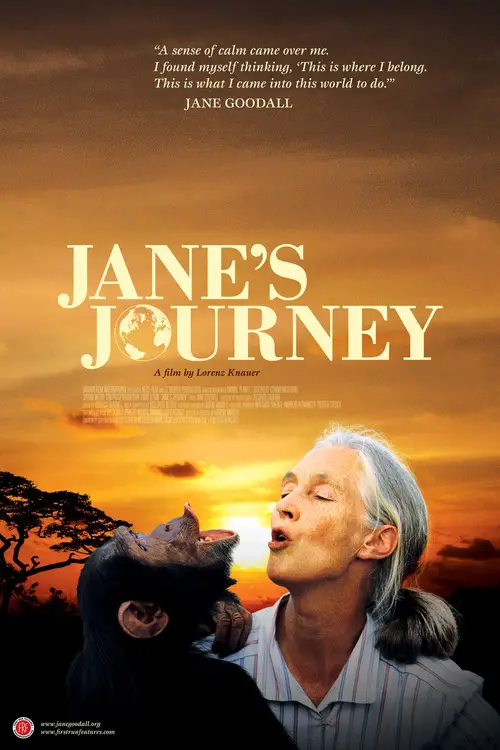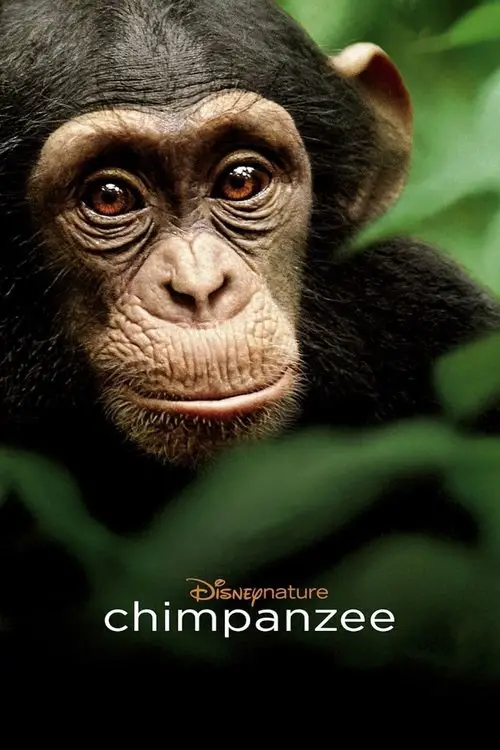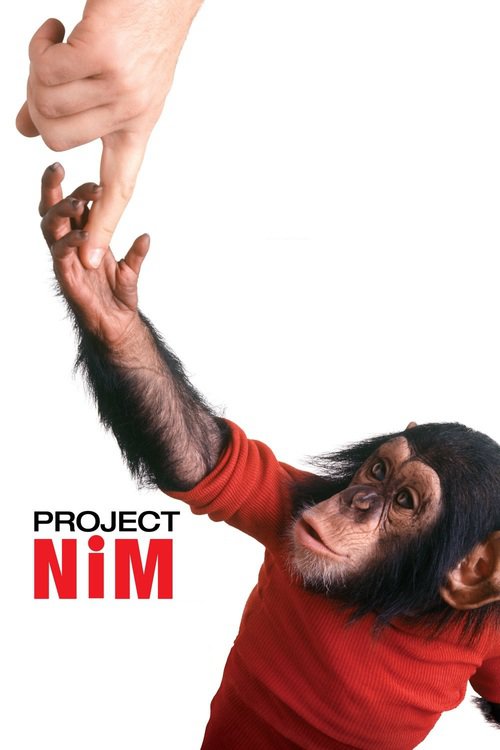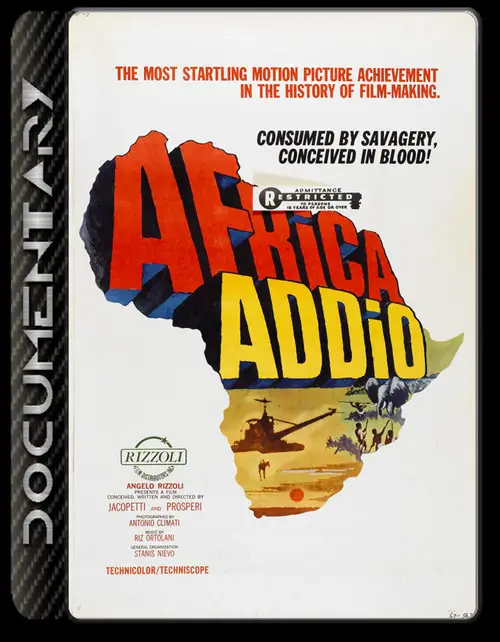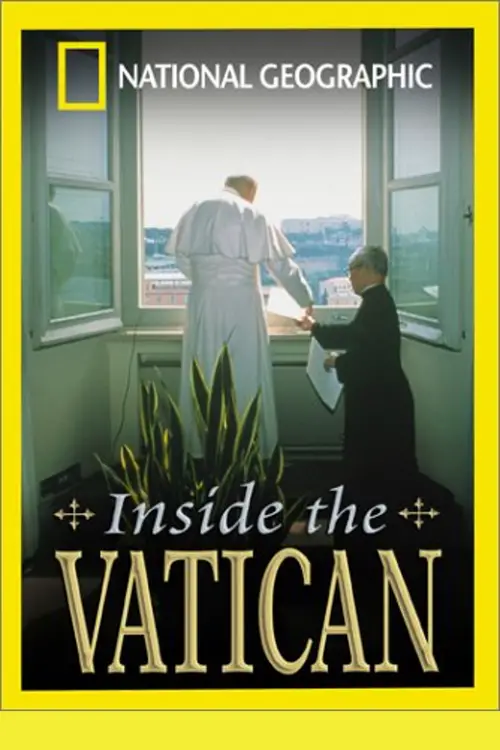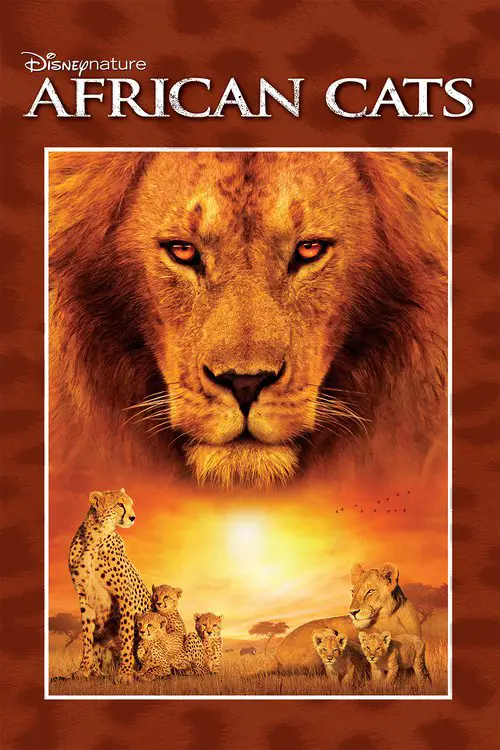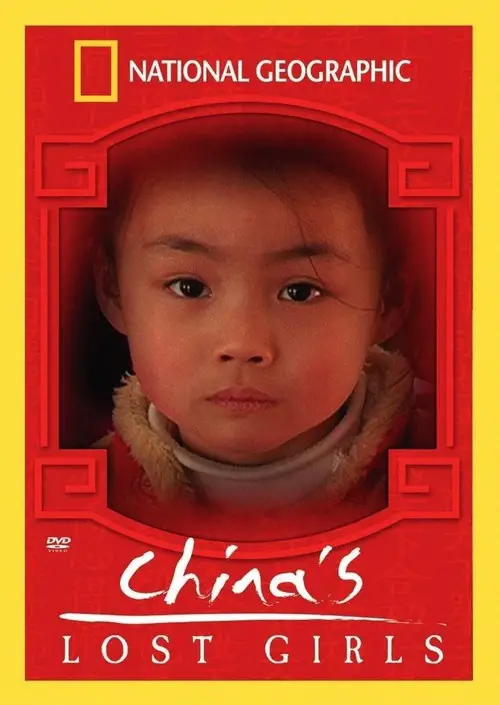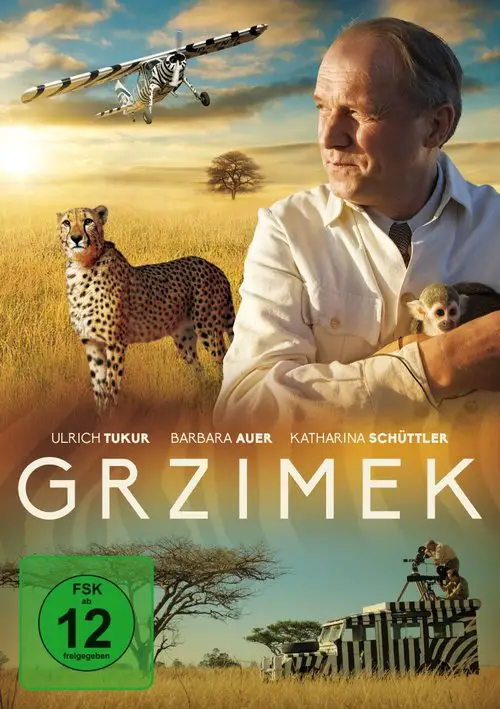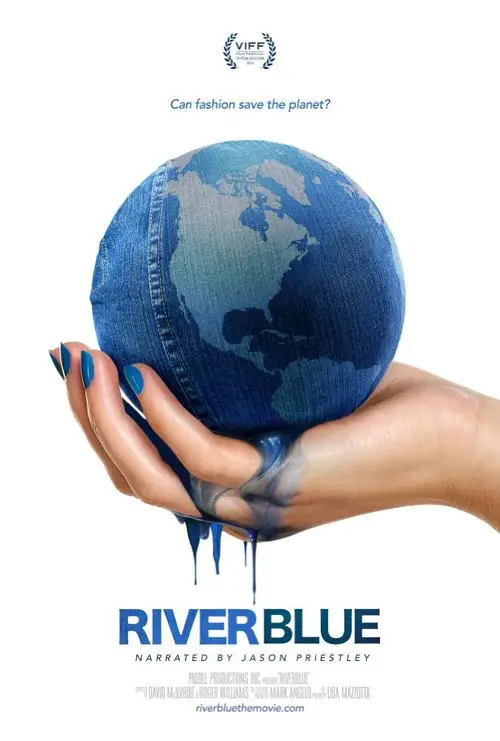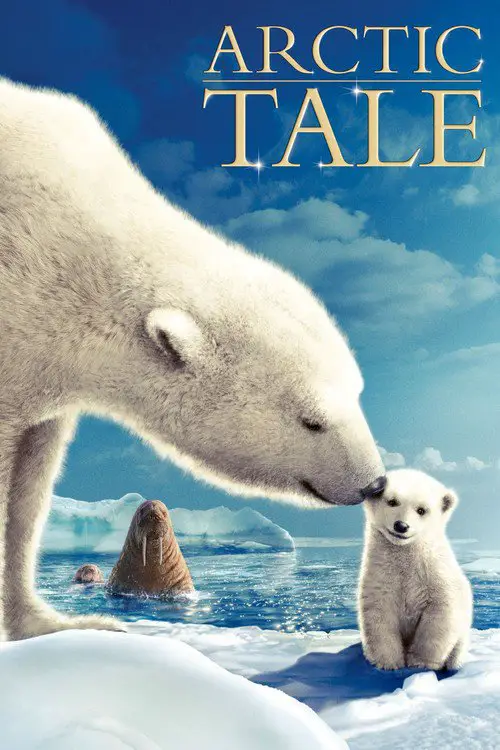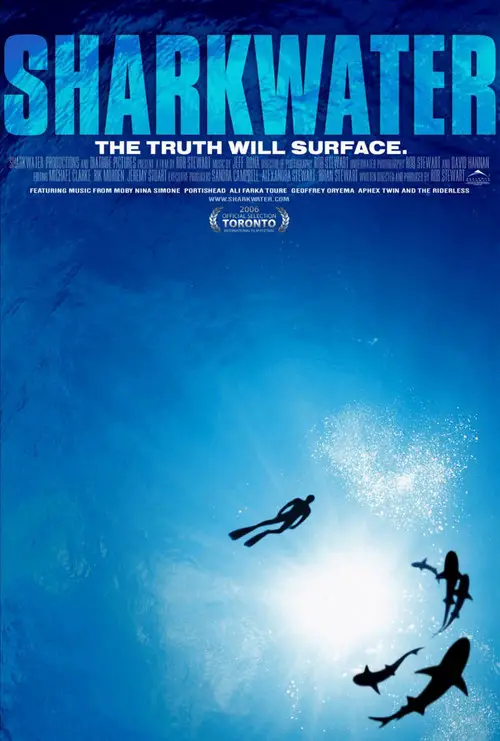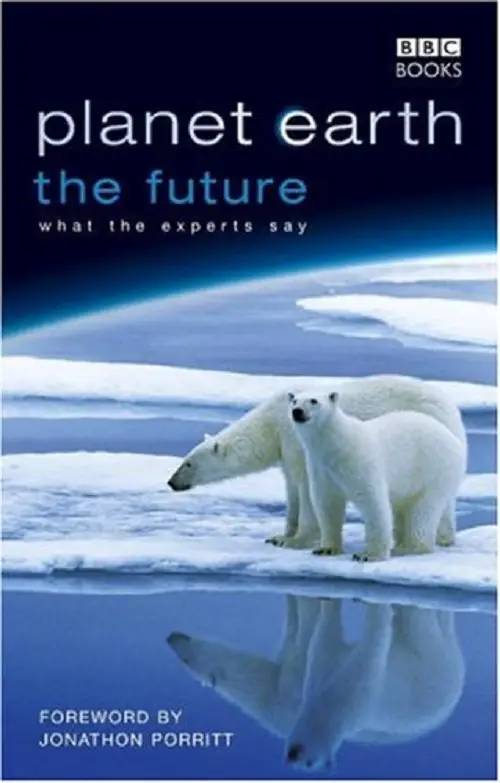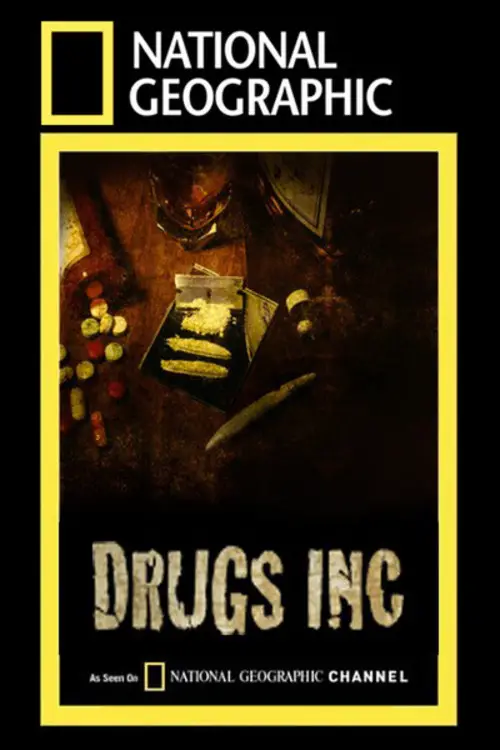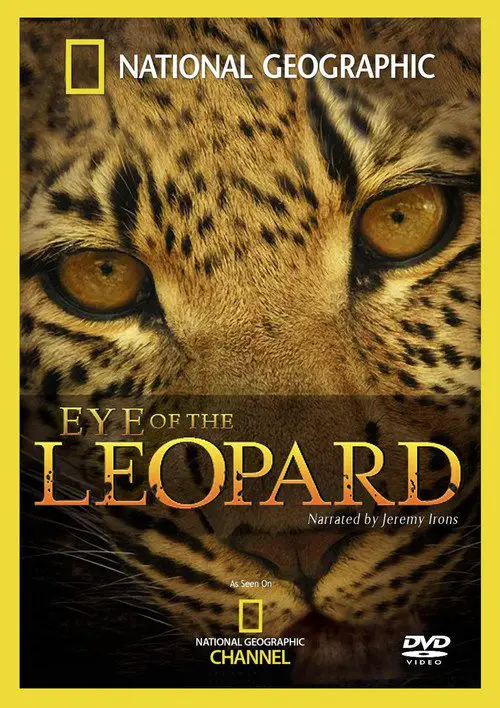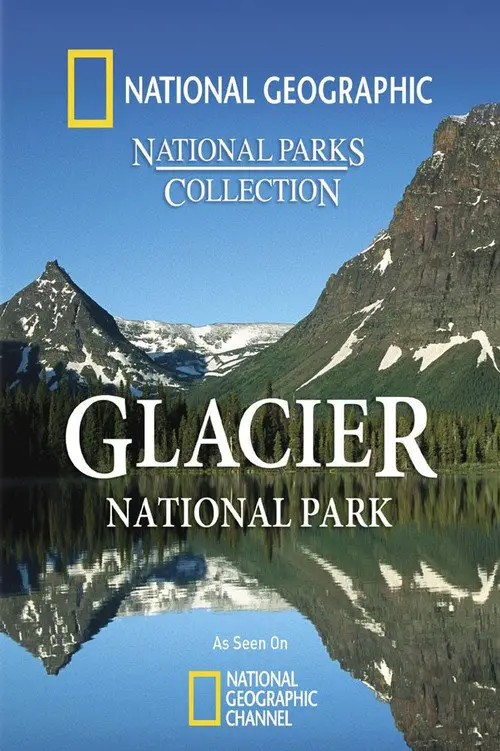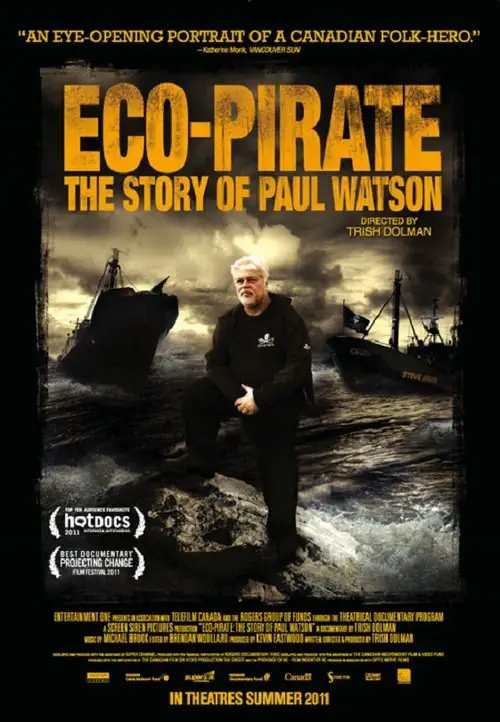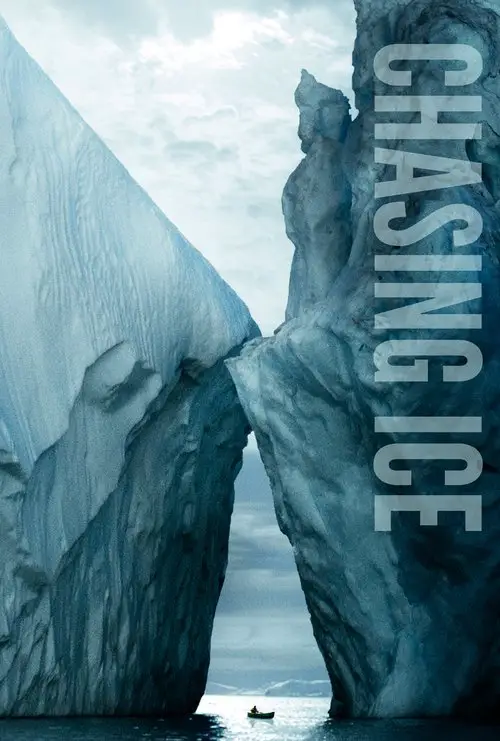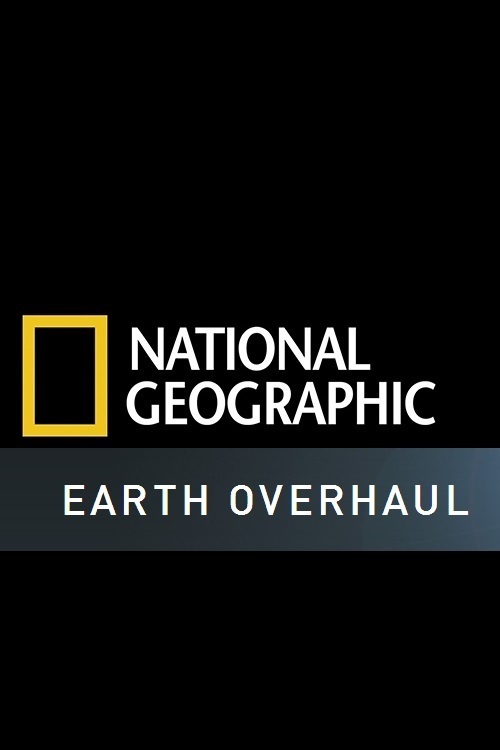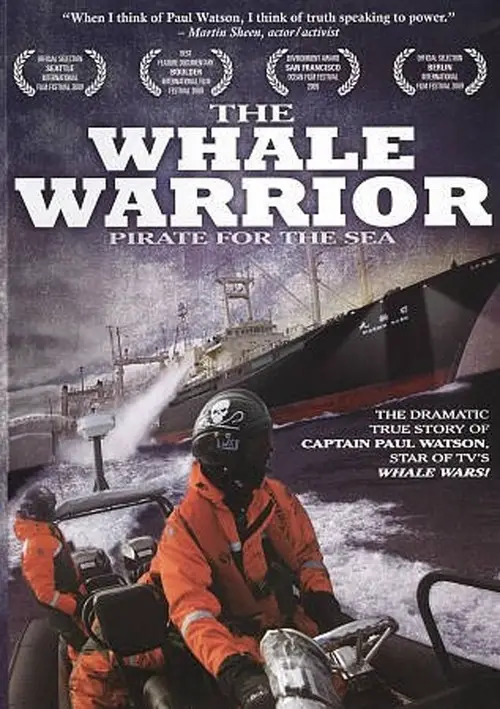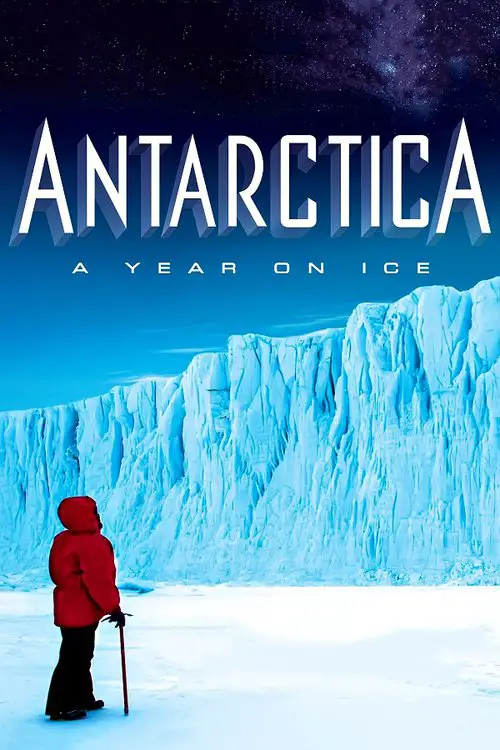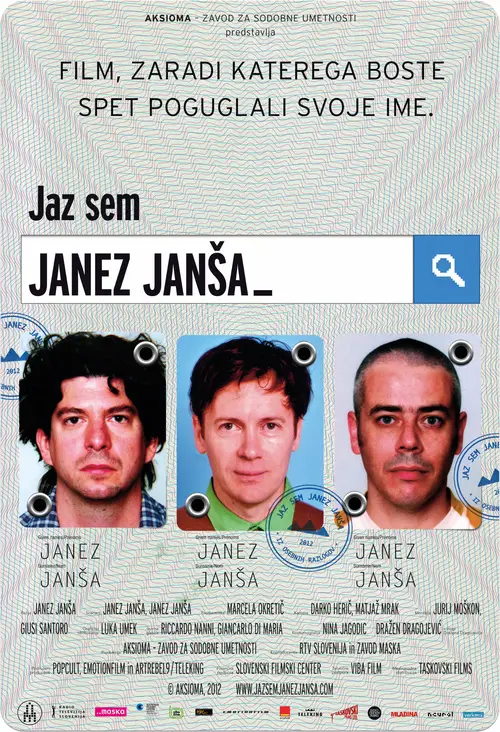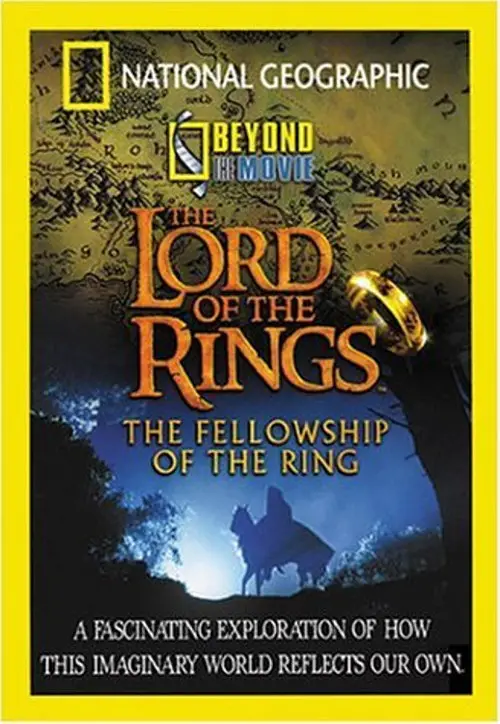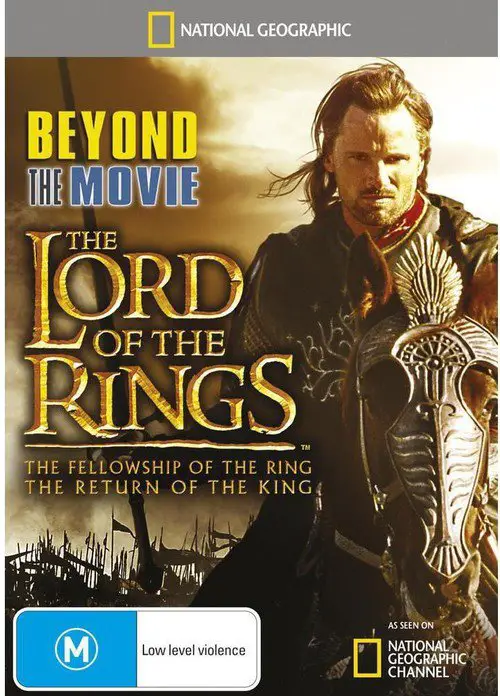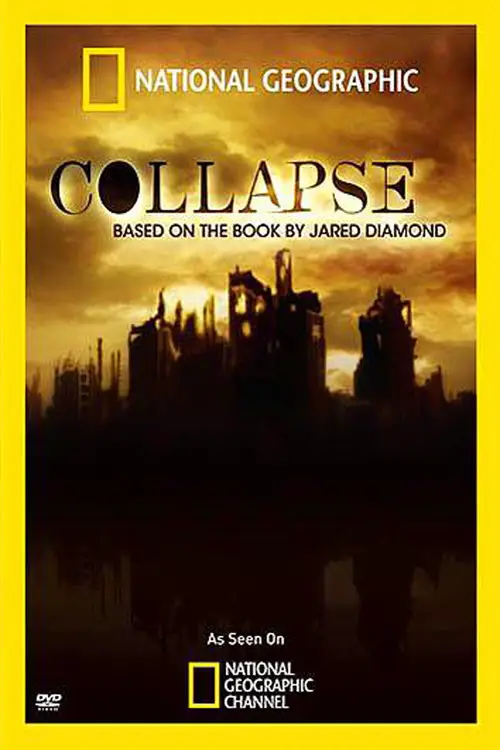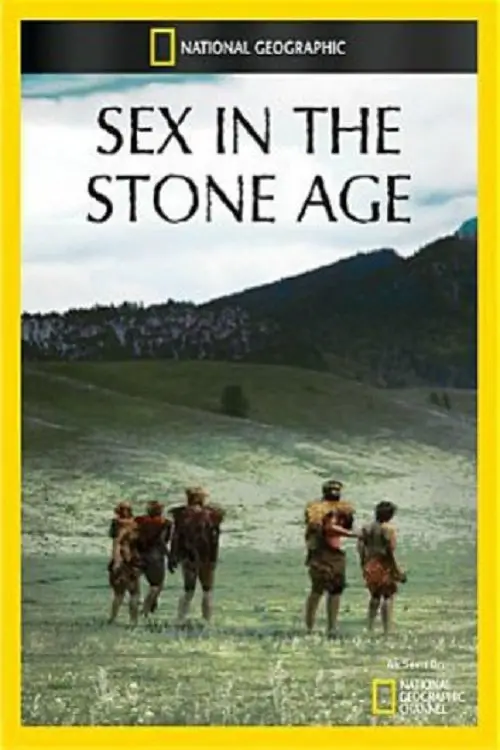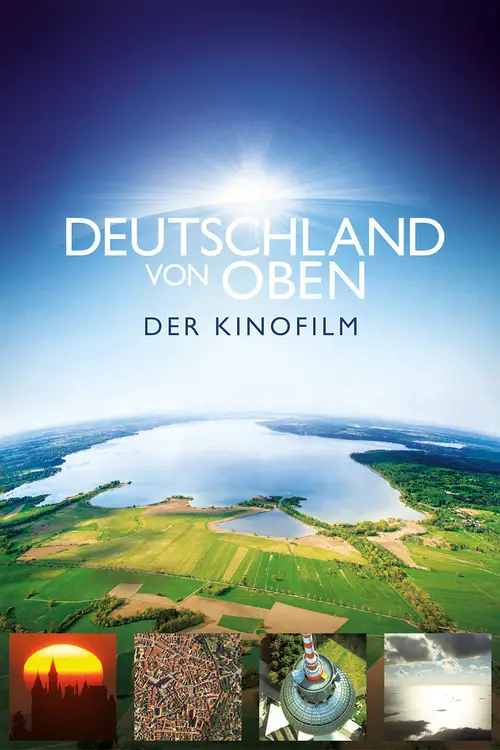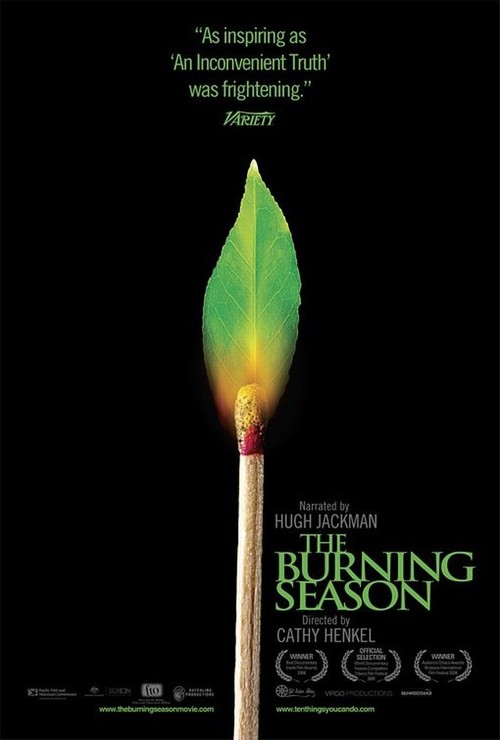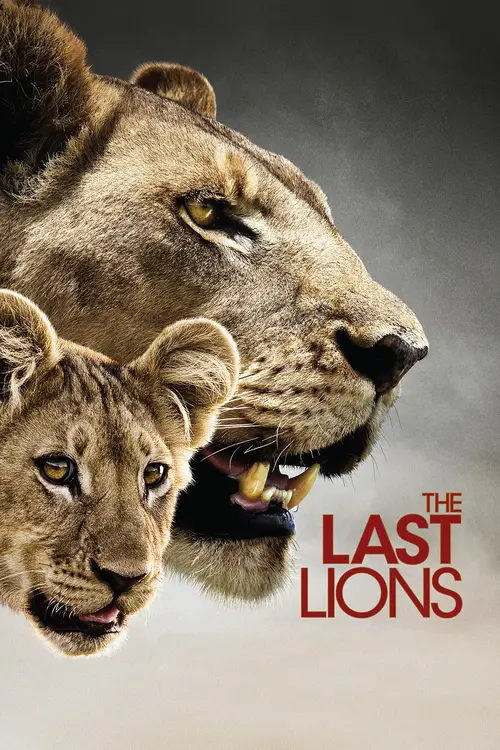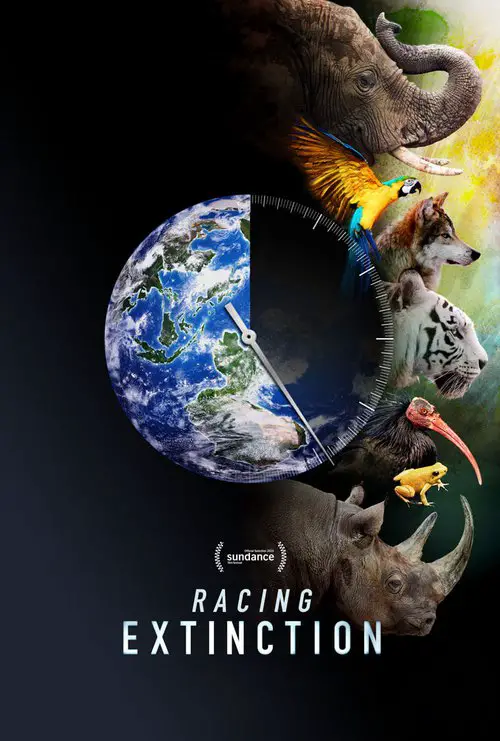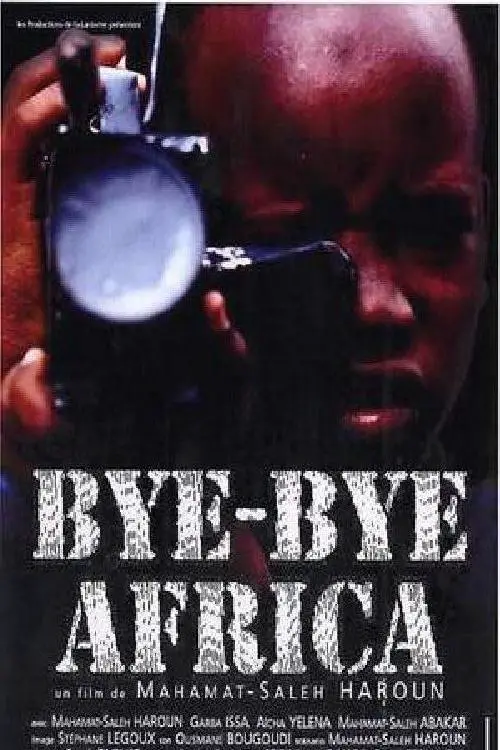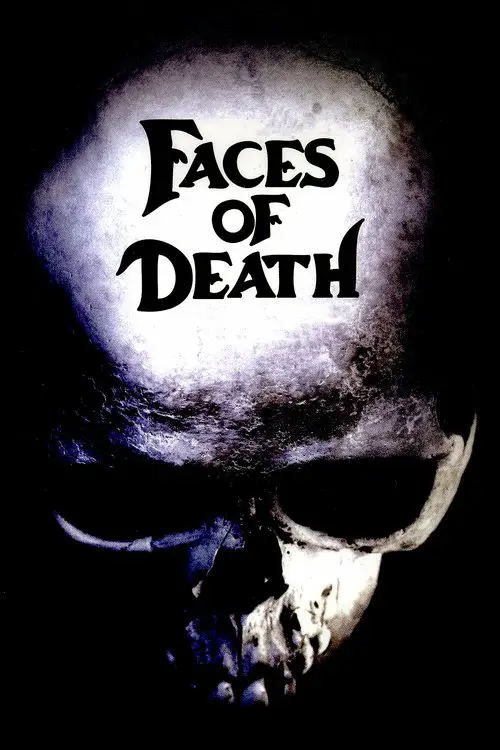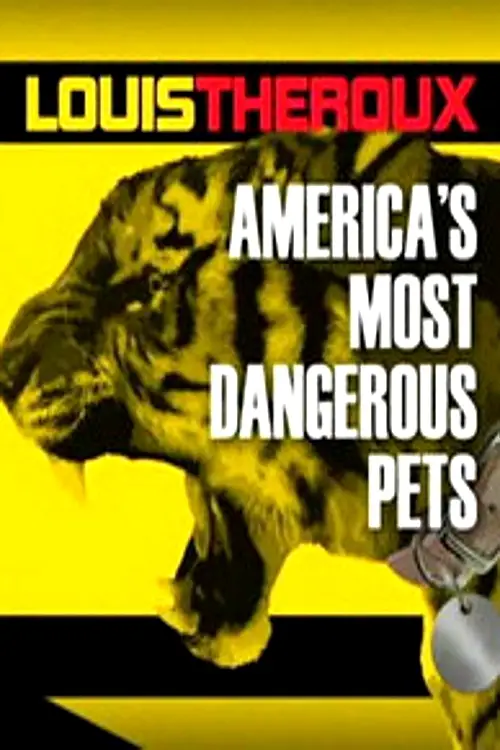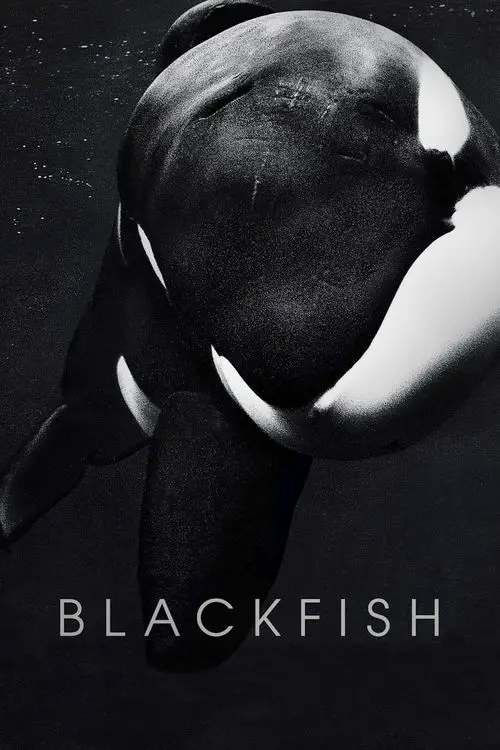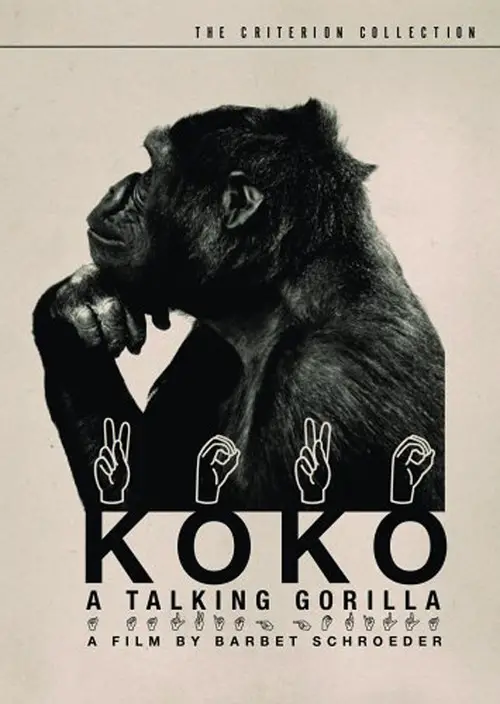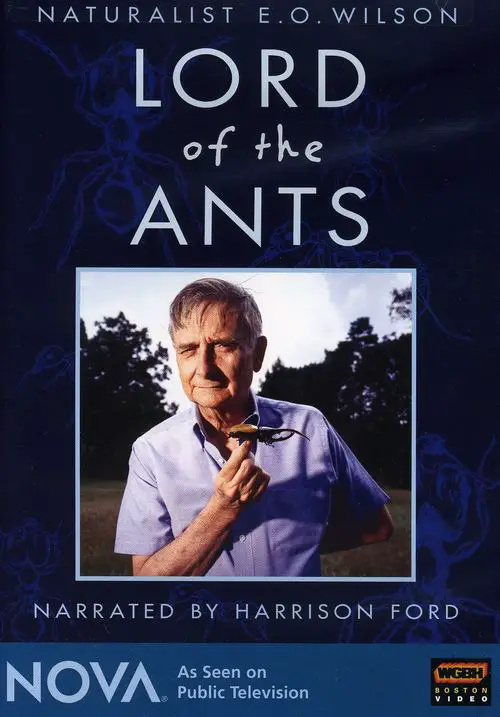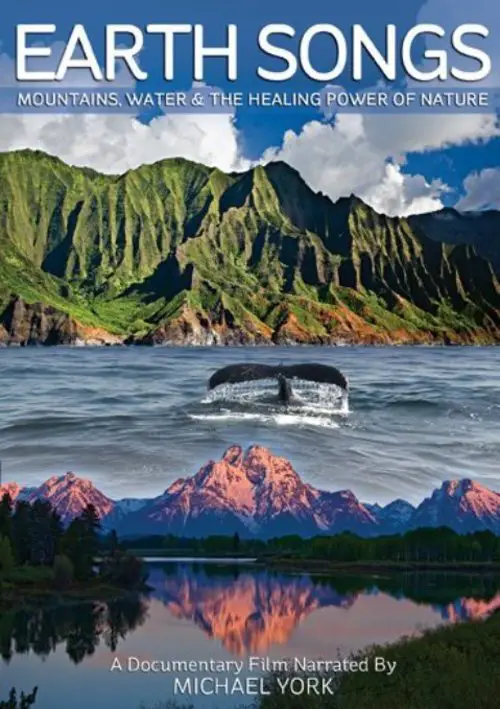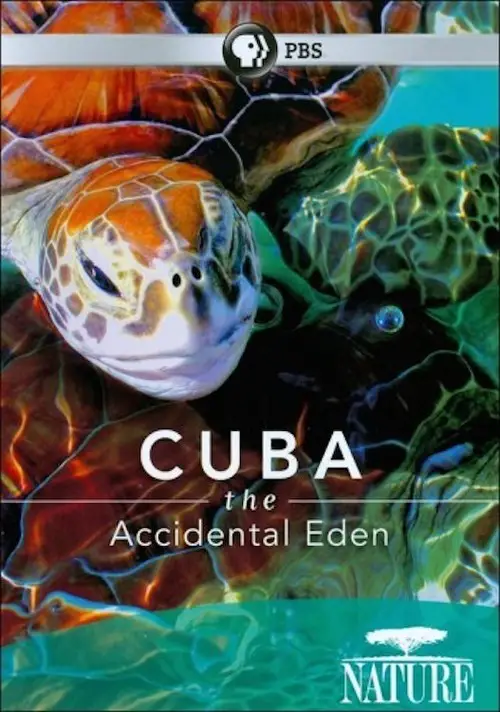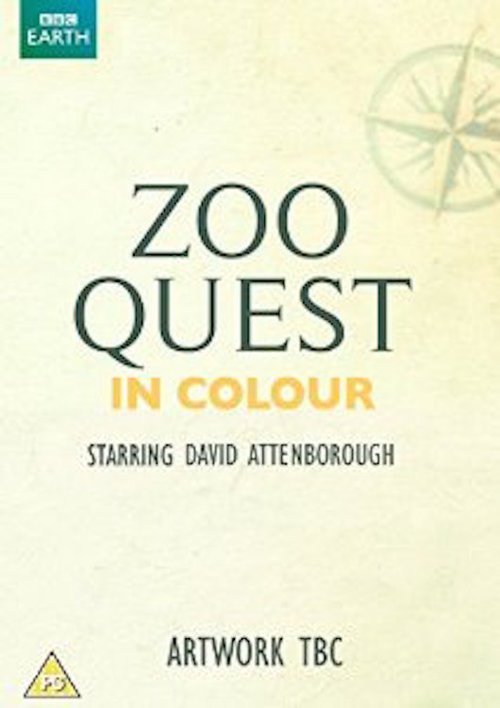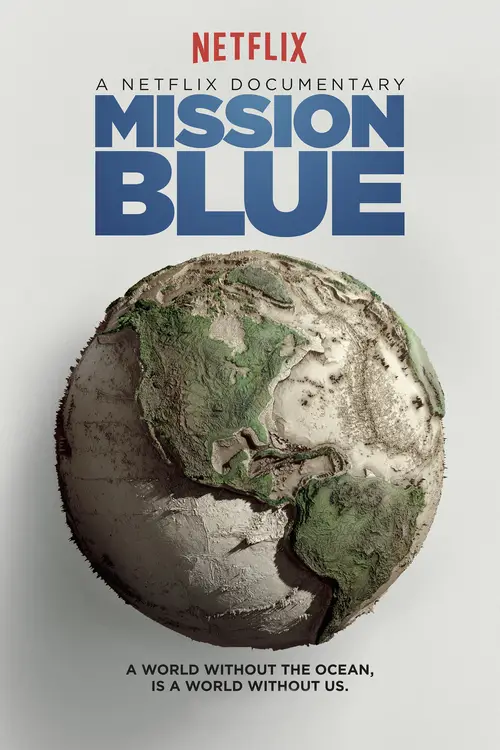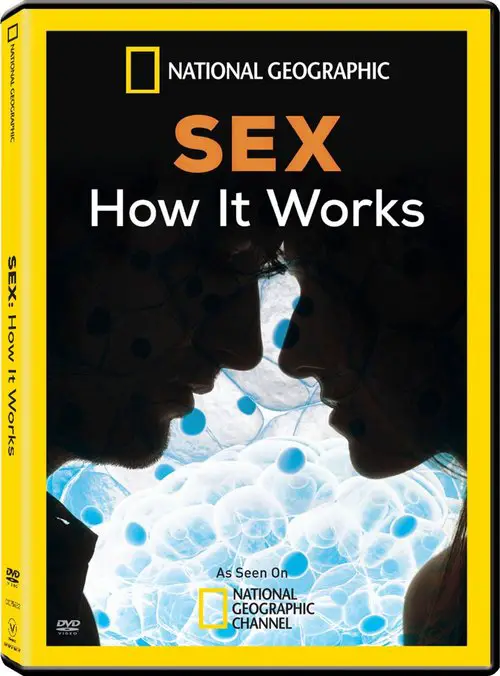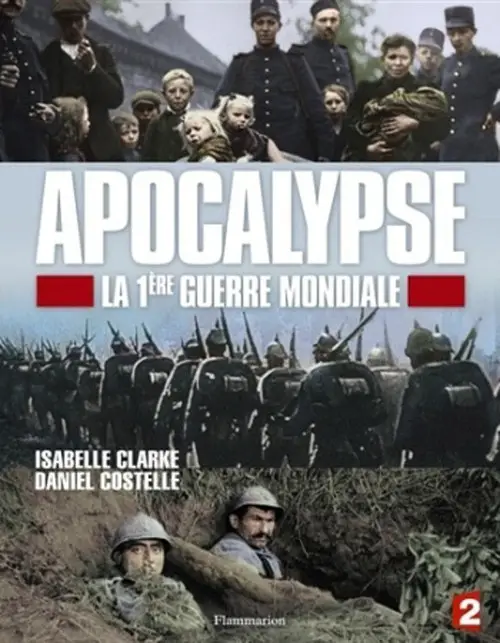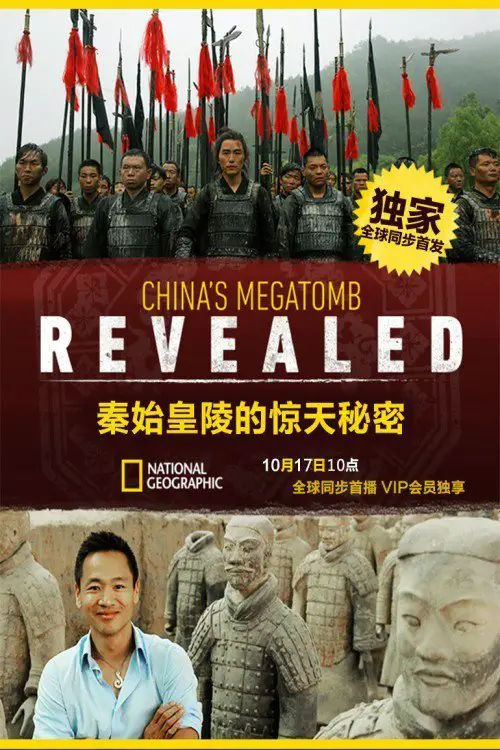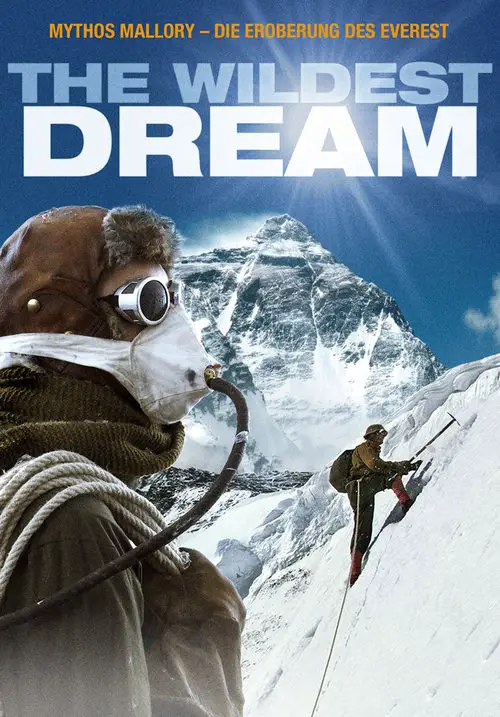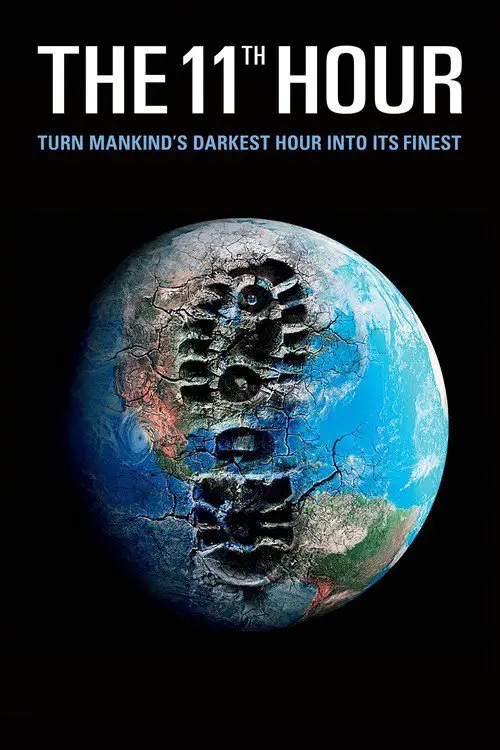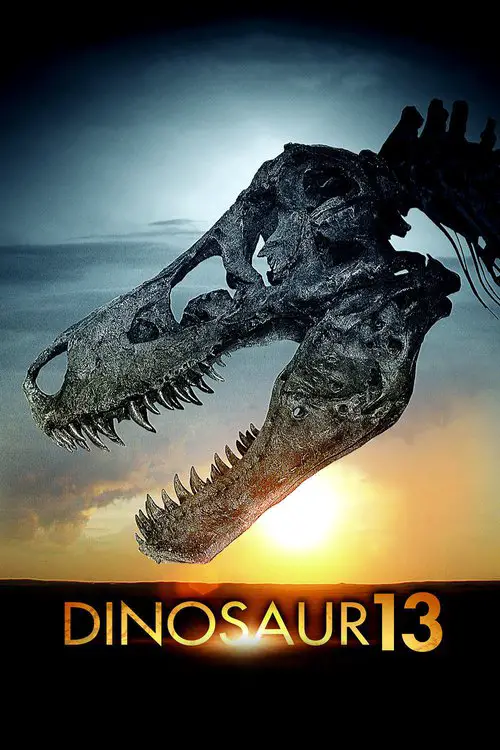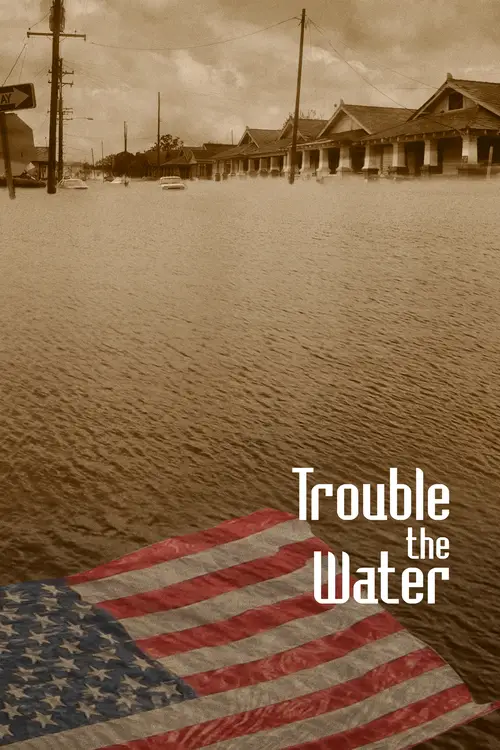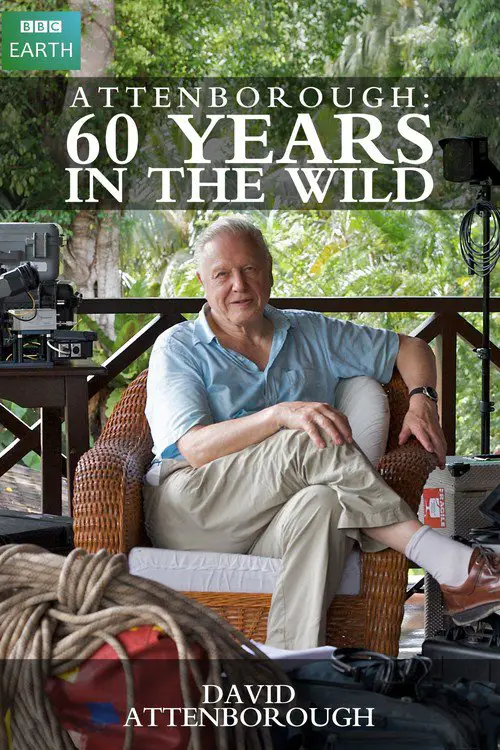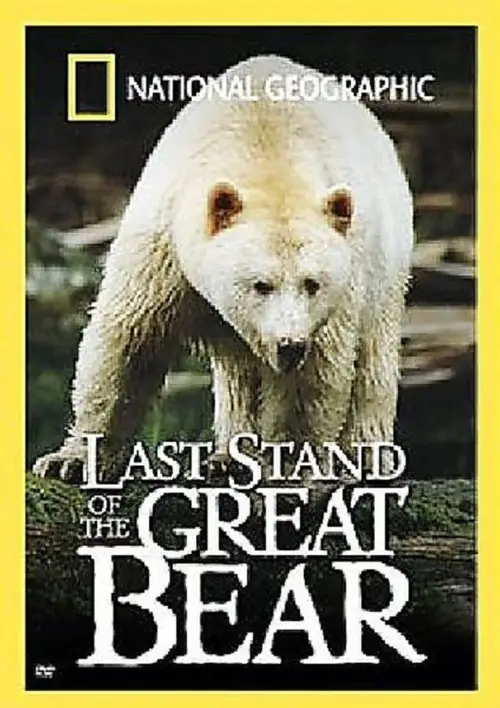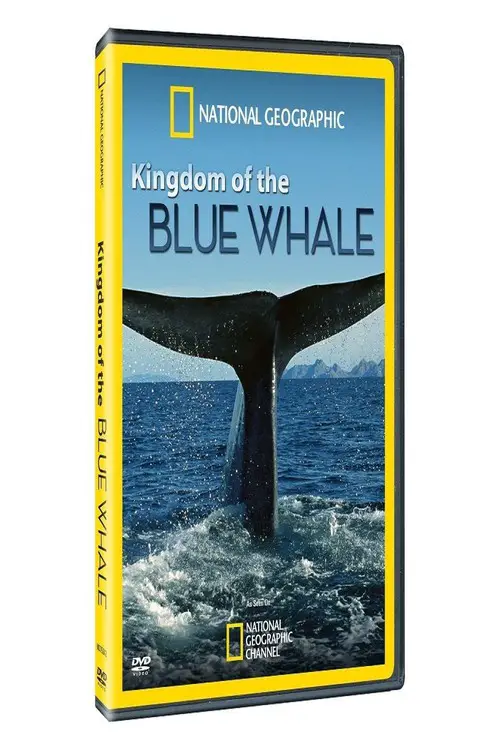Jane (2017)
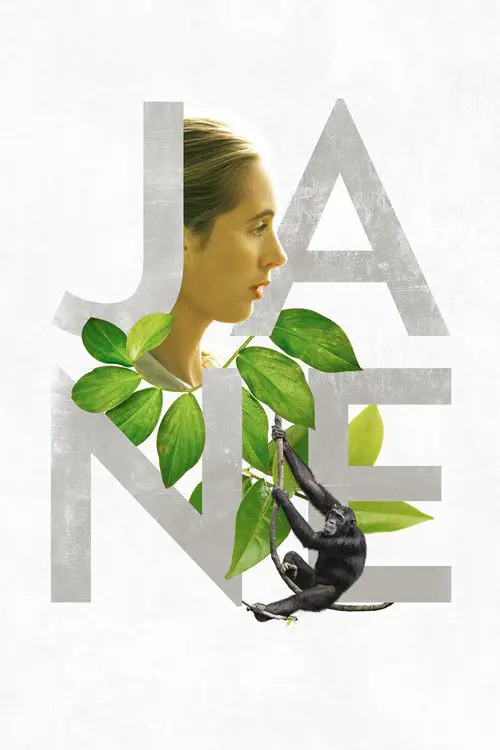
Similar movies
It would be hard to name anyone who has had more of an impact in the realm of animal research and wildlife conservation than Jane Goodall, whose 45 year study of wild chimpanzees in Africa is legendary. In Jane's Journey, we travel with her across several continents, from her childhood home in England, to the Gombe National Park in Tanzania where she began her groundbreaking research and where she still returns every year to enjoy the company of the chimpanzees that made her famous. Featuring a wide range of interviews and spectacular footage from her own private collection, Jane's Journey is an inspiring portrait of the private person behind the world-famous icon.
From the team behind Man on Wire comes the story of Nim, the chimpanzee who in the 1970s became the focus of a landmark experiment which aimed to show that an ape could learn to communicate with language if raised and nurtured like a human child. Following Nim's extraordinary journey through human society, and the enduring impact he makes on the people he meets along the way, the film is an unflinching and unsentimental biography of an animal we tried to make human. What we learn about his true nature - and indeed our own - is comic, revealing and profoundly unsettling.
African Cats captures the real-life love, humor and determination of the majestic kings of the savanna. The story features Mara, an endearing lion cub who strives to grow up with her motherâs strength, spirit and wisdom; Sita, a fearless cheetah and single mother of five mischievous newborns; and Fang, a proud leader of the pride who must defend his family from a once banished lion.
National Geographic Ultimate Explorer host Lisa Ling examines the consequences of China's two-decades-old "one-child policy," designed to curb the country's exploding population. Due to cultural, social, and economic factors, traditional preference leans toward boys, so girls are often hidden, aborted, or abandoned. As a result, tens of thousands of girls end up in orphanages across China. Today, more than one quarter of all babies adopted from abroad by American families come from Chinaâand nearly all are girls. Ling joins some of these families as they travel to China to meet their new daughters for the first time. Along this emotional journey, she shares in the joy of these growing families and also witnesses firsthand China's gender gap, its roots, and its possible repercussions. Join Ling as she explores the many complex issues surrounding China's attempt to slow its swelling tide of humanity.
April 14, 1865. One gunshot. One assassin hell-bent on killing Âa tyrant, as he charged  the 16th President of the United States. And in one moment, our nation was forever changed. This is the most dramatic and resonant crime in American history: the true story of the killing of Abraham Lincoln. From Executive Producers Ridley Scott and Tony Scott, and narrated by Tom Hanks, National Geographic Channel's first ever docudrama, Killing Lincoln, based on the New York Times bestseller, combines re-creations with historical insight in a thrilling chronicle of the final days of President Lincoln and his assassin, John Wilkes Booth.
Planet Earth: The Future is a 2006 BBC documentary miniseries on the environment and conservation, produced by the BBC Natural History Unit as a companion to the multi-award winning nature documentary Planet Earth. The programmes were originally broadcast on BBC Four immediately after the final three episodes of Planet Earth on BBC One. Each episode highlights the conservation issues surrounding some of the species and environments featured in Planet Earth, using interviews with the film-makers and eminent figures from the fields of science, conservation, politics, and theology. The programmes are narrated by Simon Poland and the series producer was Fergus Beeley.
Glacier National Park is undergoing dramatic changes. As the glaciers that give this wilderness its name rapidly melt away, it is clear the park will never be the same. Explore the backcountry of this scenic region s pristine forests, alpine meadows, rugged mountains, and spectacular lakes to discover a dramatic transformation and witness a defiant new environment as it emerges.
When National Geographic photographer James Balog asked, âHow can one take a picture of climate change?â his attention was immediately drawn to ice. Soon he was asked to do a cover story on glaciers that became the most popular and well-read piece in the magazine during the last five years. But for Balog, that story marked the beginning of a much larger and longer-term project that would reach epic proportions.
The struggle to eradicate apartheid in South Africa has been chronicled over time, but no one has addressed the vital role music plays in this challenge. This documentary by Lee Hirsch recounts a fascinating and little-known part of South Africa's political history through archival footage, interviews and, of course, several mesmerizing musical performances.
A group of scientists are thinking outside the box for ways to reverse the effects of global warming. And who better to save the earth than National Geographic Channel's host of the World's Toughest Fixes, Sean Riley? He'll join these experts in the labs and in the field to see what wacky new technologies are being developed, like sending mirrors into space and reducing the greenhouse emissions chickens produce.
A documentary on Paul Watson, who takes the law into his own hands on the open seas, confronting, by any nonviolent means necessary, the hunters who indiscriminately slaughter whales, seals and sharks, along with complicit governments and environmental organizations. Written by Anonymous "Pirate for the Sea" is a biographical film of Captain Paul Watson, the youngest founding member of Greenpeace Canada. He organized early campaigns protesting the killing of seals, whales, and dolphins. Greenpeace ejected him for being too much of an activist. Starting his own organization, the Sea Shepherd Conservation Society, he went on to sink illegal whaling ships, stopped Canadian seal hunts for ten years, permanently halted sealing in British Isles, killing of dolphins on Iki Island, Japan, etc. This documentary witnesses his latest campaigns and explores the personal and environmental history of this controversial marine conservationist. Written by R.C.
In 2007 three artists joined the conservative Slovenian Democratic Party (SDS) and officially changed their names to that of the leader of that party, the Prime Minister of Slovenia, Janez Janša. While they renamed themselves for personal reasons, the boundaries between their lives and their art began to merge in numerous and unforeseen ways.
A documentary about the influences on Tolkien, covering in brief his childhood and how he detested the onslaught of industry through the idyllic countryside, moving on to describe his fighting experience from WWI, and closing with a look at the Finnish inspiration for the scholar's self-invented languages of Elfish. In between are interviews with the cast of the films and some clips, by far the most from "The Fellowship of the Ring", but a few glimpses of Rohan riders (from "The Two Towers") are provided. Also, there are interviews with a range of the filmmakers.
How could a civilization that mastered the planet suddenly Collapse? Inspired by the New York Times best-selling book "Collapse: How Societies Choose to Fail or Succeed", NGC time travels 200 years into the future to see what the world would look like after civilization as we know it collapsed. Guided by author Jared Diamond, we'll piece together the remarkable story of what on earth triggered our decline.
A fragment of a pinky bone and a tooth twice the size of today's average molar are the only remnants of a species we now know lived at the same time and place as modern humansâand interbred with them. They are a part of us we never knew existed. What did these "people" look like? And how do they fit into what we thought we knew about our biological development as a species?
Dorjee Sun, a young Australian Entrepreneur, believes there's money to be made from protecting rainforests in Indonesia, saving the orangutan from extinction and making a real impact on climate change. Armed with a laptop and a backpack, he sets out across the globe to find investors in his carbon trading scheme. It is a battle against time. Achmadi, the palm oil farmer is ready to set fire to his land to plant more palm oil, and Lone's orangutan centre has reached crisis point with over 600 orangutans rescued from the fires. The Burning Season is an eco-thriller about a young man not afraid to confront the biggest challenge of our time.
In Botswana's Okavango Delta, an ostracized lioness and her two cubs must fight alone to survive - overcoming all manner of hazard, from the raging wildfires on the Delta, to the jealousy of sister lionesses, to the marauding males who kill her mate, to the prey that becomes predator. Their only defense is to escape to Duba Island -- and with that, an unknown future. The setting for this epic tale is one of the last regions where lions can live in the wild. Faced with dwindling land and increasing pressure from hunting, lions - like our lone lioness and her cubs - are approaching the brink of extinction.
Humanityâs ascent is often measured by the speed of progress. But what if progress is actually spiraling us downwards, towards collapse? Ronald Wright, whose best-seller, âA Short History Of Progressâ inspired âSurviving Progressâ, shows how past civilizations were destroyed by âprogress trapsââalluring technologies and belief systems that serve immediate needs, but ransom the future. As pressure on the worldâs resources accelerates and financial elites bankrupt nations, can our globally-entwined civilization escape a final, catastrophic progress trap? With potent images and illuminating insights from thinkers who have probed our genes, our brains, and our social behaviour, this requiem to progress-as-usual also poses a challenge: to prove that making apes smarter isnât an evolutionary dead-end.
A Chadian film director who lives and works in France (Haroun) returns home upon the death of his mother. He is shocked at the degraded state of the country and the national cinema. The filmmaker decides to make a film dedicated to his mother entitled Bye Bye Africa but immediately encounters major problems. Cinemas have closed and financing is impossible to secure. The director reunites with an old girlfriend (Yelena), who was shunned by Chadians who could not distinguish between film and reality after appearing in one of his previous films as an HIV victim. Haroun learns about the destruction of the African cinema from directors in neighboring countries, but also finds Issa Serge Coelo shooting his first film, Daressalam. Things go badly and, convinced that it is impossible to make films in Africa, Haroun departs Chad in despair, leaving his film camera to a young boy who had been assisting him.
For over two years, filmmaker Brian Luke Seaward traveled to many of the world's most pristine locations - Patagonia(Chile), the Caribbean, Iceland, the Canadian Rockies, Hawaii, Greenland, Alaska, Peru, and New Zealand - capturing the Earth's beauty in ways that are rarely seen. Inspired by decades of National Geographic specials, and the BBC's Planet Earth series, Earth Songs takes the viewer on a journey of this planet we call home.
Cuba's political and economic exile has yielded a startling upside: A pristine island preserve boasting one of the most diverse and primordial ecosystems in the region. But how will nature fare if the U.S. trade embargo ends and tourists pour in? This episode of the PBS series observes jumping crocodiles, painted snails and other famed residents while profiling the unsung scientists who are studying and protecting the creatures' idyllic habitats.
Thanks to a recent remarkable discovery in the BBC's Film Vaults, the best of David Attenborough's early Zoo Quest adventures can now be seen as never before - in colour - and with it the remarkable story of how this pioneering television series was made. First broadcast in December 1954, Zoo Quest was one of the most popular television series of its time and launched the career of the young David Attenborough as a wildlife presenter. Zoo Quest completely changed how viewers saw the world - revealing wildlife and tribal communities that had never been filmed or even seen before.
We've been doing it since we first walked the Earth. It gives us pleasure and it gives us life. But how much do you know about how sex works? Now, National Geographic Channel takes a fascinating look at one of the world's most popular pastimes: sex. Through gripping real-life stories and simulations, we journey from first times to playing the field, and all the way to humankind's ultimate goal, procreation. We'll learn anything and everything you've ever wondered about sex.
Colorized historical footage in ascending order of World War 1. Not only the relatively known Flanders and France battles, but also the generally unknown Italian-Austrian, German-Polish-Russian, Japanese-German, Ottoman Empire- Allied and African German Colonies, and other unknown or forgotten fronts and battles. Original French production retold in English for National Geographic channel as: World War 1: The Apocalypse
In April 2013, chaos erupted in Boston near the finish line of one of the world's oldest and most prestigious marathons. It was the worst terrorist attack on the United States since 9/11 and led to one of the most extensive and public manhunts in American history. Now, as the one-year anniversary approaches, National Geographic Channel presents a special two-hour event, Inside the Hunt for the Boston Bombers.
Albert Lin and National Geographic Channel unearth the terrible secrets that lie hidden in the tomb of China's first Emperor. The Terracotta Warriors are just the tip of the iceberg in this mausoleum the size of Manhattan, that has gone largely unexcavatedâ¦until now. These silent statues guard explosive, macabre findings that rewrite history and paint a very different picture of the ancient world from what we thought we knew.
A look at the state of the global environment including visionary and practical solutions for restoring the planet's ecosystems. Featuring ongoing dialogues of experts from all over the world, including former Soviet Prime Minister Mikhail Gorbachev, renowned scientist Stephen Hawking, former head of the CIA R. James Woolse
"Trouble the Water" takes you inside Hurricane Katrina in a way never before seen on screen. The film opens the day before the storm makes landfall--just blocks away from the French Quarter but far from the New Orleans that most tourists knew. Kimberly Rivers Roberts, an aspiring rap artist, is turning her new video camera on herself and her Ninth Ward neighbors trapped in the city. Weaving an insider's view of Katrina with a mix of verité and in-your-face filmmaking, it is a redemptive tale of self-described street hustlers who become heroes--two unforgettable people who survive the storm and then seize a chance for a new beginning.
A luxury cruise boat motors up the Yangtze - navigating the mythic waterway known in China simply as "The River." The Yangtze is about to be transformed by the biggest hydroelectric dam in history. At the river's edge - a young woman says goodbye to her family as the floodwaters rise towards their small homestead. The Three Gorges Dam - contested symbol of the Chinese economic miracle - provides the epic backdrop for Up the Yangtze, a dramatic feature documentary on life inside modern China.
The Bridge is the controversial documentary that shows people jumping to their death from the Golden Gate Bridge in San Francisco. Director Eric Steel staked out for a year under the infamous bridge filming 23 suicides. The footage was then compiled along with interviews from family, friends, witnesses, and survivors to create this disturbing yet very intriguing documentary.
National Geographic embarks on a 250-mile adventure through unspoiled territory along the coast of British Columbia called the Great Bear Rain Forest. It is here that bear-hunting wolves take to the sea, grizzlies clash in titanic battles, and wild salmon are the pulsing lifeblood of an entire ecosystem. As this precious habitat faces an uncertain future, threatened by chainsaws and fish farms, a team of dedicated scientists is racing to prove that it must be protected. Forming a wilderness detective squad, these experts are searching for the rare white spirit bear and collecting clues that will decipher the secret life of the forest's elusive inhabitants.
Five million Americans suffer from Alzheimer's disease and dementiaâmany of them alone in nursing homes. A man with a simple idea discovers that songs embedded deep in memory can ease pain and awaken these fading minds. Joy and life are resuscitated, and our cultural fears over aging are confronted.
Supported by the National Geographic Society, the world's eminent blue whale scientists embark on a revolutionary mission: They'll find, identify, and tag California blue whales, use the DNA samples to confirm the sex of individual whales, then rejoin the massive creatures' stunning migration when they collect at a chimera known as the Costa Rica Dome.
© Valossa 2015–2026
| Privacy Policy
